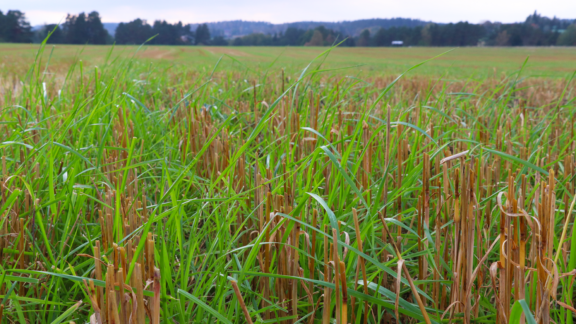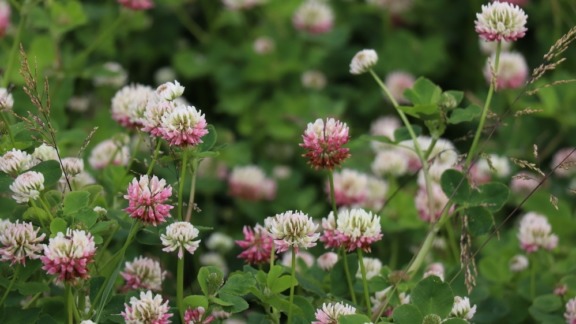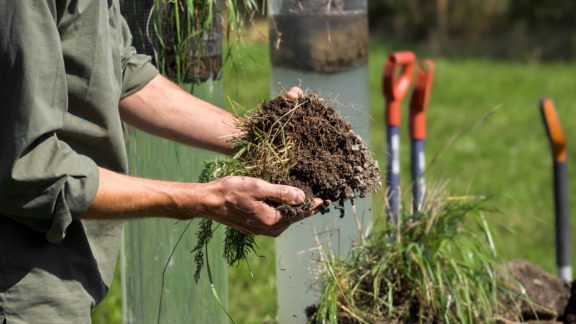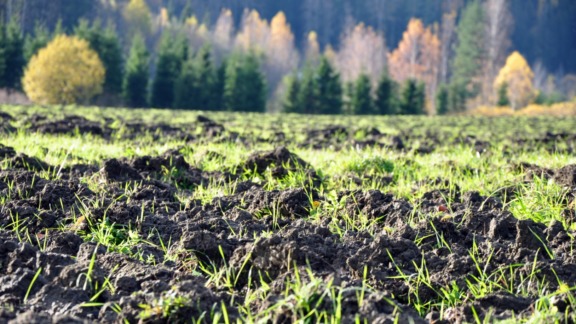Agroforestry can improve biodiversity and carbon sequestration
Article: Effects of a tree row on greenhouse gas fluxes, growing conditions and soil microbial communities on an oat field in Southern Finland
Authors: Heimsch, Laura et al.
Journal: Agriculture, Ecosystems & Environment
Year: 2023
Agroforestry is an important practise to improve natural and cultural values of landscapes. It has shown to improve biodiversity and soil fertility, as well as soil carbon accumulation. However, agroforestry is rarely used in northern countries like Finland.
In this study, the effects of a tree row planted in the middle of the field was studied. The row that consisted of willow and alder was planted 6 years prior to the studies. Soil properties and microbial communities as well as greenhouse gas exchange were studied.
Various agroforestry practices could serve as important methods, especially when combined with other regenerative practices. In our case study, trees increased carbon accumulation of the ecosystem, and thus, the net emissions were estimated to be smaller than without the tree row. In addition, the tree row increased the presence and abundance of soil microbial communities.



